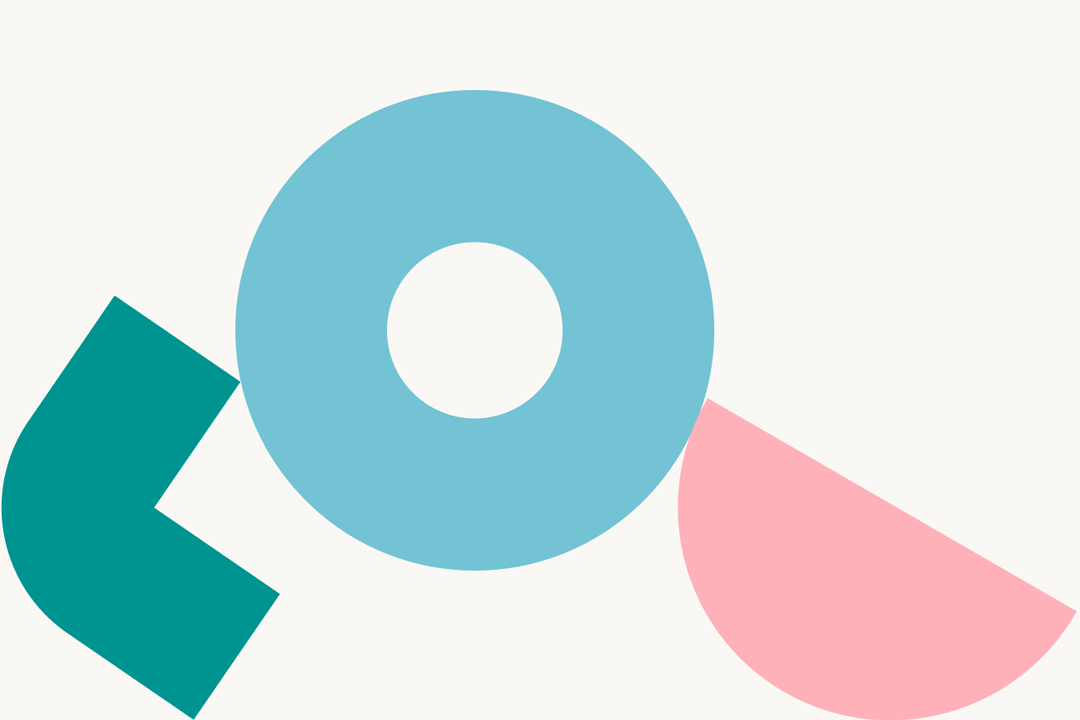What Pride month means to me

We want to love and be loved, maybe change our bodies and expressions to reflect our identities, or choose not to conform to societal ideals
It’s June which means it’s Pride month for most corporations as well as all the LGBTQIA+ folks out there.
Pride’s history
I’ve seen a lot of (justified) criticism over the years about the ‘corporatisation’ of Pride, where companies change their logos to a rainbow version, or bring out rainbow covered products without any of the profits being given back to the LGBTQIA+ community. Then they promptly forget about us for the next 11 months until it’s time to do it all over again.
The history, however, is very far away from this kind of tokenism. Pride is in June to celebrate and remember that fateful night on 28 June 1969. After the passing of the Civil Rights Act 1965 in the USA – gay and trans folks, many of whom were people of colour – were targeted by local police in the Stonewall Inn in New York. This wasn’t the first night or bar that had been targeted and it wasn’t the last.
Pride originated as a protest, a defiance. In London’s first Gay Pride march, on 1 July 1972, the Gay Liberation Front bravely marched from Trafalgar Square. It ended in Hyde Park where same sex couples kissed openly, something that was arrestable at the time and was until the 1990s.
Shuffle forwards a few years. The 1980s were a pretty awful environment to grow up in as a queer kid. I watched many tabloid exposés of MPs or celebrities, the loss of so many of a generation of gay men to a disease that was called the ‘gay plague’, and Section 28 brought in by Thatcher to try and ‘keep the kids safe from non-traditional lives’. Something that very much affected my school life growing up in Northern Ireland.
I’m not sure what it is that scares people. We want to love and be loved, maybe change our bodies and expressions to reflect our identities, or choose not to conform to societal ideals of what’s masculine and what’s feminine.
Pride in London is something I’ve attended over the years. For my first Pride, I travelled down by car, laden with folks from Sunderland University, never having visited the city before. It was a weekend I’ll never forget. I’d never seen such a diverse bunch of humans in my life. I found it the most terrifying and brilliant experience of my life.
So where are we today?
You’d think it would be all sunshine and rainbows in 2021. Despite having come a long way since Section 28 and the 1980s, it feels to me like we are under attack again. It’s hard not to feel like this when the current government has disbanded the LGBT Advisory Panel after a “fundamental disagreement” over gender recognition law reforms.
Government departments have been urged to withdraw from the Stonewall diversity scheme, as the Minister for Women and Equalities, Liz Truss, believes the membership cost cannot be justified by Whitehall departments.
The LBG Alliance, an anti-trans organisation, has been accepted as a body with charitable status by the UK Charity Commission, something that the Good Law Project and other bodies are trying to challenge.
Deported asylum seekers who are LGBTQIA+ still face criminalisation or even death if they are sent back to their country of origin.
There are continued delays from the government in banning all forms of ‘conversion therapy’.
The trans community are experiencing attacks that would be familiar to the LGBT community back in the 1970s, 80s, and 90s. There’s an excellent Twitter thread that explains the attacks.
What can we do?
Support is more than just words or rainbow logos.
At dxw, we care deeply about creating services that are inclusive of everyone. We’ve written about how to make services better and what we’re doing to become a more inclusive employer, and we’ll continue to learn, share, and do the work. We’ve blogged about ways to be respectful of all users when designing services, the importance of pronouns, and earlier this year we responded to the consultation on proposed reforms to the Gender Recognition act.
This month, in recognition of the continuing struggle for the liberation of LGBTQIA+ people around the world, we’re also donating a total of £5,000 between two different charities who are doing important work in their communities:
- Gendered Intelligence, established in 2008, is a registered charity that exists to increase understanding of gender diversity and improve trans people’s quality of life
- Hidayah (which means guidance in Arabic) is a registered charity and entirely volunteer-led. Their mission is to provide support and welfare for LGBTQI+ Muslims and promote social justice and education about our community to counter discrimination, prejudice, and injustice
We’re also exploring how we can better support those who need it with what we do best: designing and building services. We’re interested in finding partners who support LGBTQIA+ people and finding out how we might work together to have the most effective impact.
What can you do?
If you’re reading this and wondering how you can help, you can volunteer your time for helplines or other charities, or donate to crowdfunders and fundraisers for charities and causes. Talk to your employer too, about donating some of their time or money to support LGBTQIA+ causes.
Listen to what we say and be prepared to feel uncomfortable. Discomfort is an important part of learning how to be better.